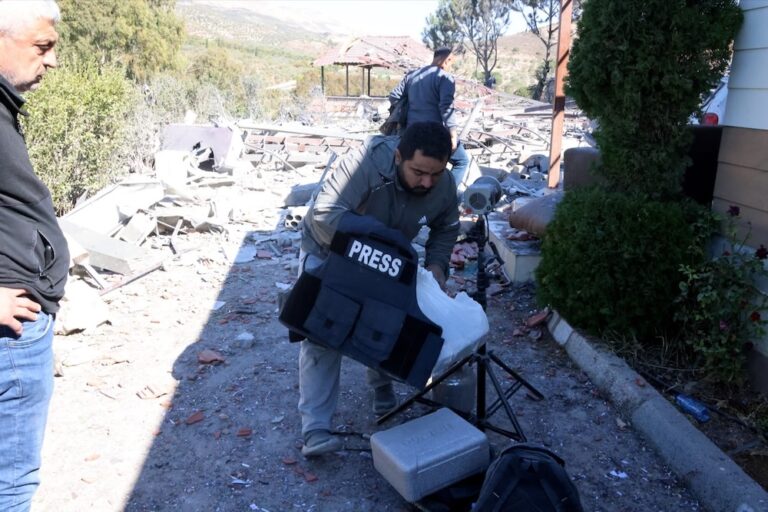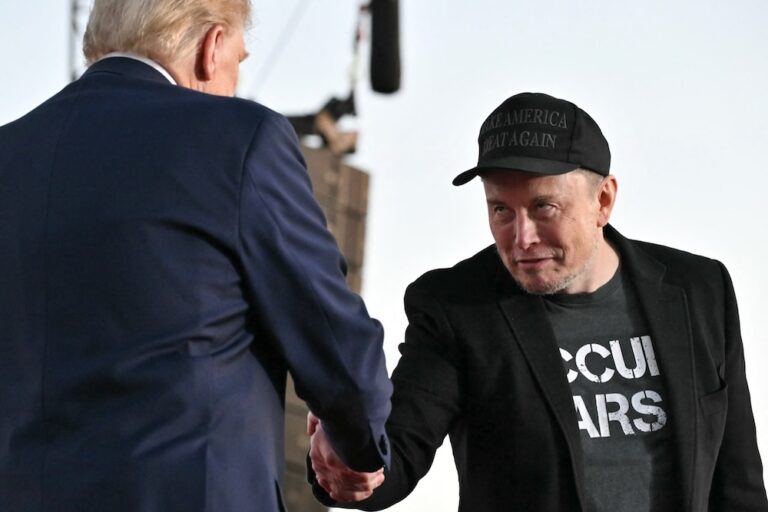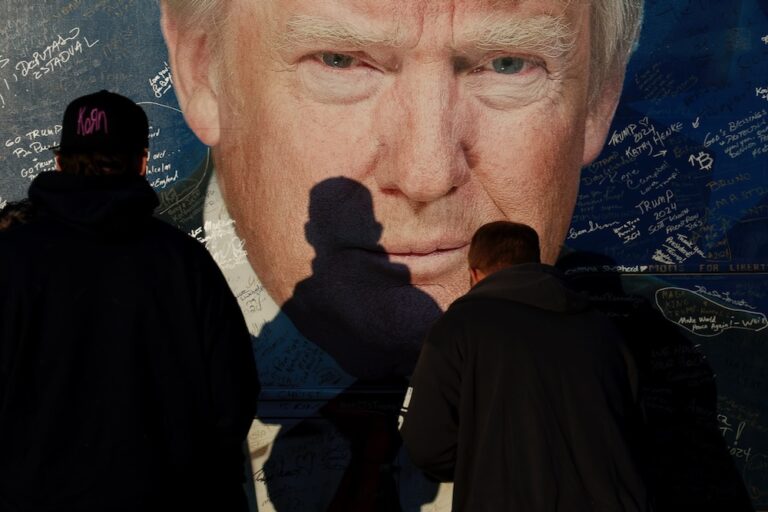President Obama initially undertook to ensure respect for the public's right to information but his administration abruptly reversed its stance, RSF said.
(RSF/IFEX) – On 4 October 2010, In a new blow to the Freedom of Information Act (FOIA), the US Supreme Court refused to consider an appeal by 23 lawyers representing Guantanamo Bay detainees who want the National Security Agency to say whether it tapped their phone calls with their clients and to give them the transcripts of the conversations.
President Obama initially undertook to ensure respect for the public’s right to information under the FOIA after taking office in January 2009, but his administration abruptly reversed its stance four months later.
The NSA’s refusal to provide the requested information under the FOIA was referred by the 23 lawyers in May 2007 to a New York federal court, which ruled in favour of the NSA. After appealing, and again losing, the lawyers took the case to the nation’s highest court, which refused to hear it without giving a reason on 4 October.
An intelligence agency cannot be expected to reveal all the information it gathers but the systematic evasion of the FOIA in the name of national security violates certain fundamental constitutional principles. The defence rights of the Guantanamo detainees would have been flouted if it is true the NSA eavesdropped on their conversations with their lawyers. The lawyers have a right to know this.
The case also raises questions about the entire illegal telephone tapping programme which the NSA carried out inside the United States on an order issued by President George W. Bush in 2002, a few months after the 9/11 attacks. The calls of thousands of US and foreign citizens, including journalists, were monitored under this programme in violation of the confidentiality of sources and the right to freely report news and information.
When “The New York Times” revealed the programme’s existence on 16 December 2005, it said it had been pressured by the White House not to do so.
The US federal government and intelligence agencies have a duty to give an accounting of the abuses committed in the name of the “war on terror” under President Bush.
This information is of public interest, in the United States and elsewhere. Hopes that light would be shed on all of this under the Obama administration were quickly dashed. And incidentally, what came of RSF’s request for an investigation into the CIA’s destruction of videos, which the CIA itself acknowledged?
One of the things that marked the two terms of Obama’s predecessor was the jailing of journalists for refusing to reveal their sources or surrender their files. All in the name of national security. And Sami Al-Haj, a Sudanese cameraman employed by the Qatar-based satellite TV station Al Jazeera, was held in Guantanamo from June 2002 to May 2008, enabling the State Department to put pressure on the station. Military officials at Guantanamo also tried to compromise Al-Haj’s lawyer, Clive Stafford-Smith.
The requirements of national security are also the grounds for Congress’s continuing failure to approve a law protecting journalists’ sources at the federal level although such protection is already recognised to varying degrees in 40 states of the Union.


